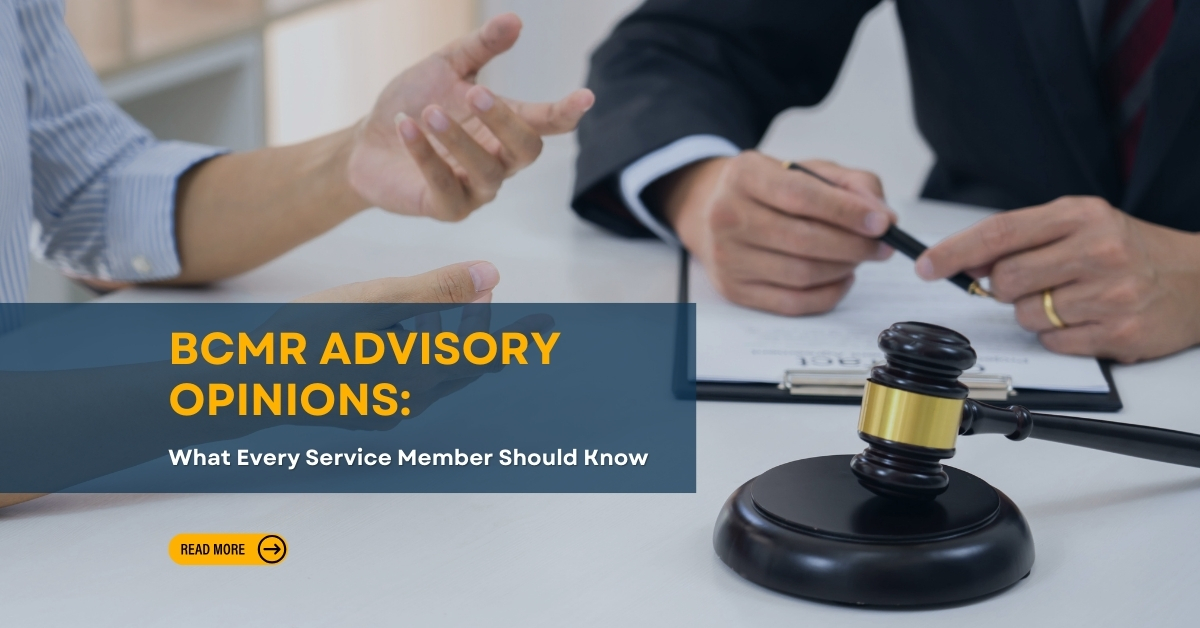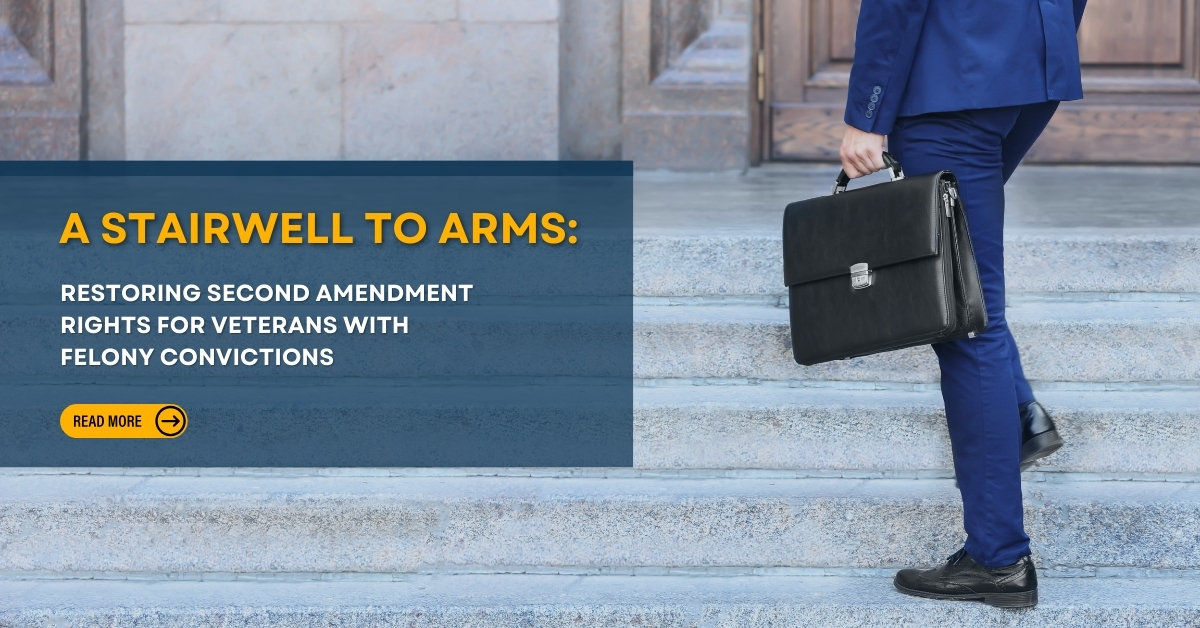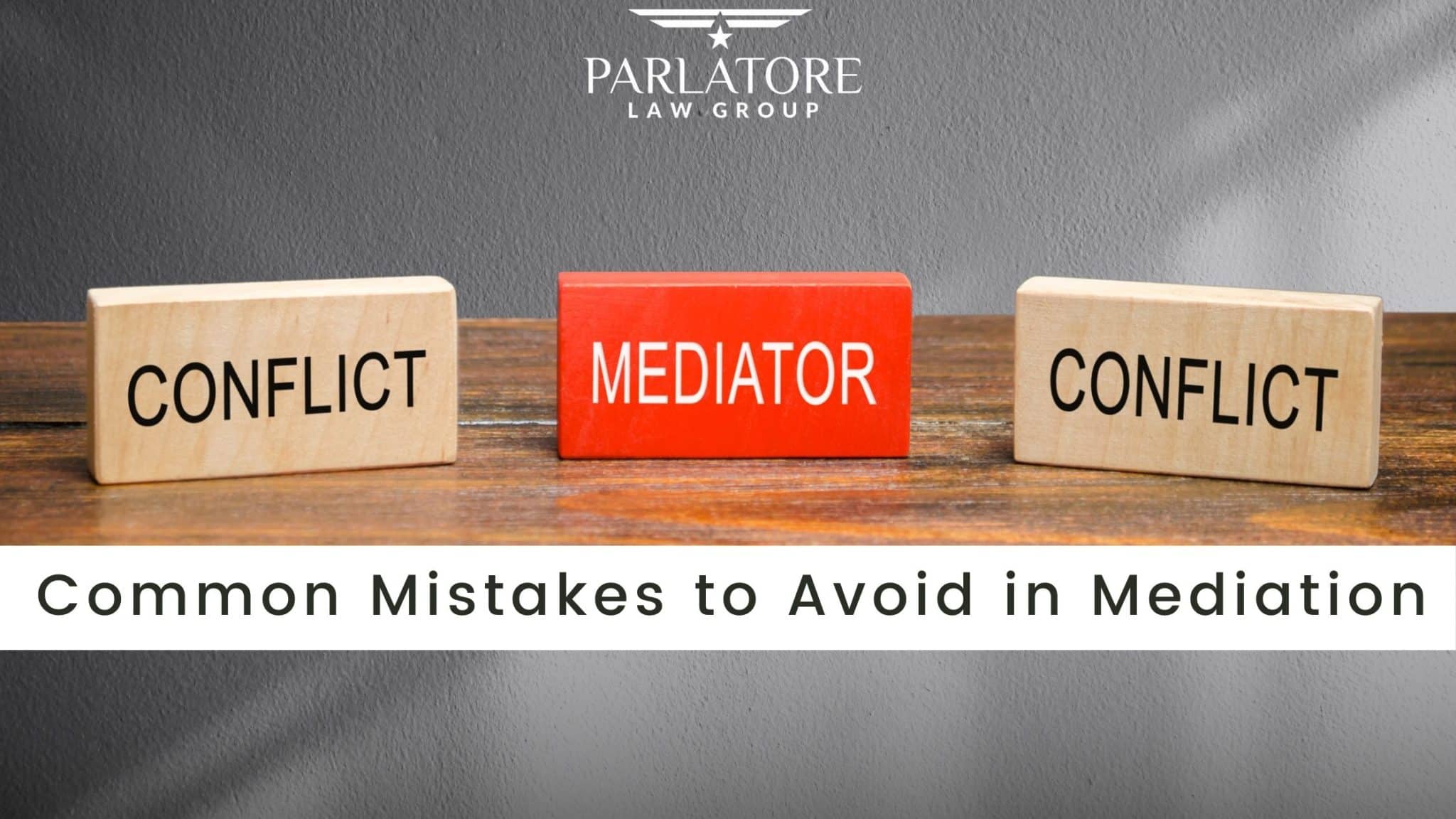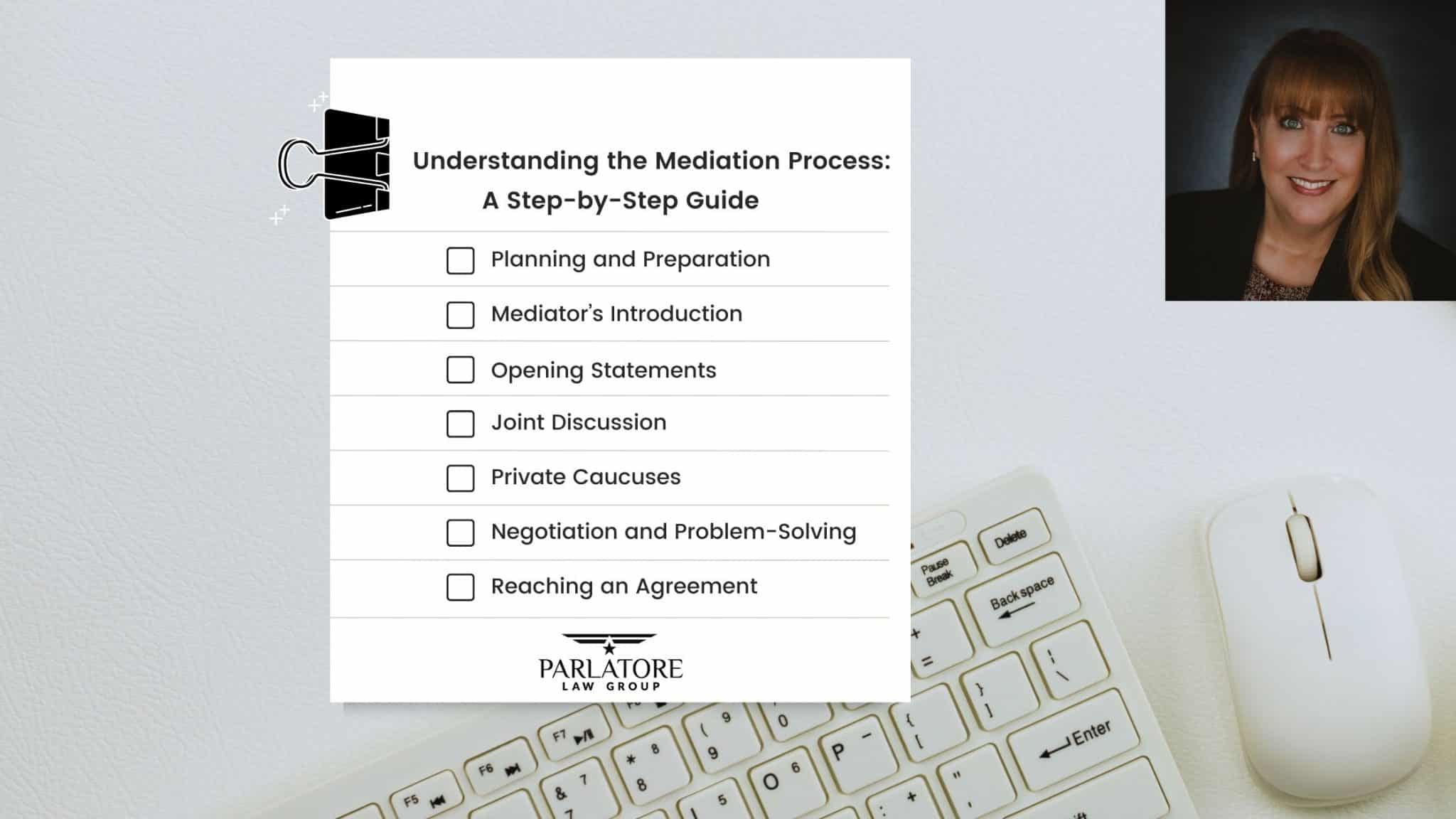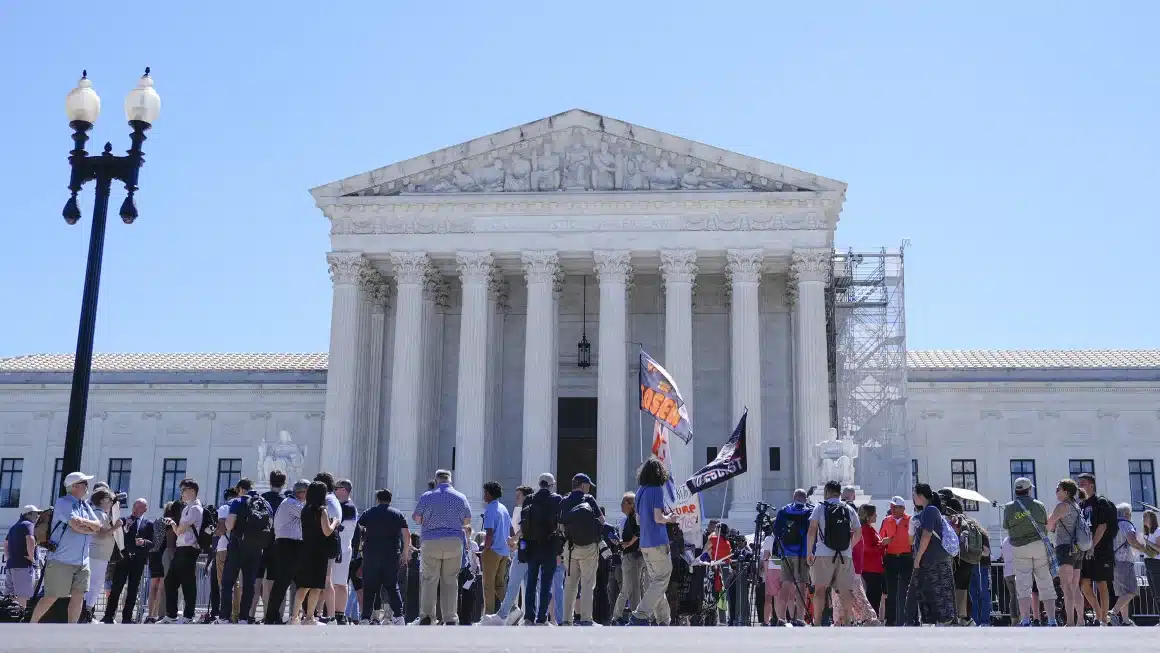Resources
Latest Blog Posts
As a military service member or veteran, you may find yourself needing to correct an error or injustice in your military records. The Board for Correction of Military Records (BCMR)...
- September 12, 2025
- Kieran McDowell
Veterans with nonviolent felony or court-martial convictions may soon have the ability to apply to have their Second Amendment restored if they meet certain criteria. Federal law prohibits anyone with...
- August 22, 2025
- PLG Staff
As a reservist or National Guard member, you know that points are almost as good as gold. They matter for military pay purposes, and they determine whether you have had...
- July 29, 2025
- PLG Staff
The Social Media Digital Footprint- Parlatore Law Group When does your social media activity cross the line and put you at risk of being sued? Back when I walked uphill...
- May 20, 2025
- PLG Staff
Mediation has become an increasingly popular method for resolving disputes outside of the courtroom. However, one common issue parties face is the long wait times to schedule a mediation session....
- April 11, 2025
- PLG Staff
Mediation is a powerful tool for resolving disputes without the need for costly and time-consuming litigation. However, the success of mediation largely depends on the approach and behavior of the...
- February 26, 2025
- PLG Staff
Mediation is a popular method of dispute resolution that offers a less formal, more cost-effective alternative to litigation. It involves a neutral third party, known as a mediator, who helps...
- February 5, 2025
- PLG Staff
Understanding Mediation Mediation involves a neutral third party, known as a mediator, who helps disputing parties communicate and negotiate to reach a mutually acceptable resolution. Unlike a judge or arbitrator,...
- January 27, 2025
- PLG Staff
In recent years, the legal landscape has witnessed a significant shift towards digital solutions, particularly in the realm of dispute resolution. Cloud-based and remote mediation have emerged as powerful tools,...
- December 30, 2024
- PLG Staff
Videos
Latest News
Mediation is a popular method of dispute resolution that offers a less formal, more cost-effective alternative to litigation. It involves a neutral third party, known as a mediator, who helps...
- February 5, 2025
- PLG Staff
Opinion: The presidential immunity ruling is good for Trump — and for Biden, too Read Mr. Parlatore’s latest opinion regarding the Supreme Court ruling on presidential immunity here: https://www.cnn.com/2024/07/03/opinions/trump-biden-scotus-presidential-immunity-parlatore?cid=ios_app
...- July 8, 2024
- PLG Staff
(212) 603-9918 contact@parlatorelawgroup.com June 1, 2022 Parlatore Law Group, LLP. Earns 2022 Great Place to Work Certification™ New York, New York — Parlatore Law Group is proud to be Certified™...
- May 31, 2022
- PLG Staff
Parlatore Law Group, LLP is excited to announce our continued growth during March 2022, as we welcome Patricia Theodorou to our team and increase our strength in New York. Patricia...
- March 31, 2022
- PLG Staff
FOR IMMEDIATE RELEASE When Tim Parlatore founded Parlatore Law Group back in 2018, he did so with an eye toward the evolving future of legal services in mind. Founded on...
- September 24, 2021
- PLG Staff
June 9, 2021 For Immediate Release Parlatore Law Group is thrilled to announce that we have been selected as Runner-Up in the “Best Growth Story” category for the 2021 Reisman...
- June 9, 2021
- PLG Staff

